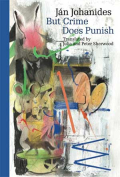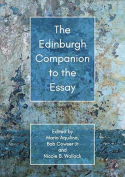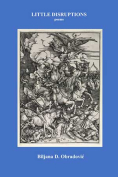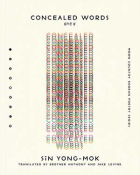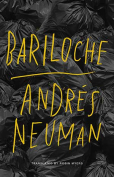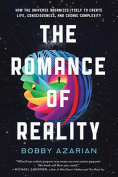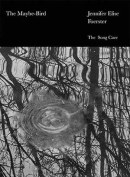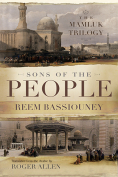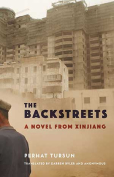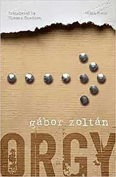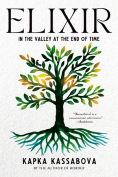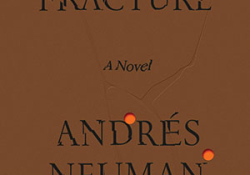Bariloche by Andrés Neuman
 Rochester, New York. Open Letter. 2023. 180 pages.
Rochester, New York. Open Letter. 2023. 180 pages.
The Argentina-born writer Andrés Neuman made quite the splash with his Traveler of the Century (2009), a voluminous novel cut from the cloth of early nineteenth-century tableaux of German Romanticism that added a beautiful new thread to the pattern of the itinerant narrative: whereas the Romantic hero would set out from home to travel the unknown world, Neuman introduced the notion of a “moving city” whose indeterminate coordinates kept shifting so its precise location remained unknown to the traveler.
We now have a chance to retrace the path this writer has taken from the very beginning of his career as the English translation of Bariloche, his slim debut novel, has now been made available to us. And it is no surprise to learn that this prolific writer already in 1999 had laid out the very territory that would encircle his literary home.
To be sure, these books have very little in common stylistically: where Traveler of the Century was an erudite yet multicolored and almost never-ending exploration of early German Romantic life and letters, his diminutive Bariloche is a tough, bleak, nearly black-and-white scrapbook of present-day Buenos Aires. His early protagonist is a garbage collector whose purchase on language and culture is pretty much nil, while Traveler’s later happy-go-lucky character, Hans, eloquently parlayed his way into the heart of cultured life in Romantic Germany.
And yet the tongue-tied waste collector Demetrio (who could easily have been featured in one of Samuel Beckett’s plays) is just as much a Neumanian character as his later protagonist: Demetrio’s commitment to his day job if not to his life altogether is eclipsed by his passion for a world that is no longer present. A municipal refuse collector at dawn, he spends his nights collecting his private memories by arranging the exactly five hundred pieces of the puzzle that represents Bariloche, his home town.
Thus he, too, is a Romantic at heart, and like all representatives of this somewhat lost type of human species, Demetrio has difficulties holding a job and upholding the values of common civility. Attracted to the beggars he picks up after on the dirty streets more than to his colleagues at work, Demetrio is the quintessential outsider who looks for love in the wrong place while pining away for an image of the beloved long gone. The contrast between the city’s scrappy and dirty modernity and the virginal lands of the Andes, too, is reminiscent of the tropes of neo-Romanticism and would be quite hard to bear for the reader who has seen this kind of account way too often. But Neuman, at the young age of nineteen (when he finished the original version of Bariloche), penned a book that pierces the narrow walls which tend to keep these tropes separate from modernist literature.
The beauty of this novella cannot be found in the few characters that it introduces nor in the flimsy relationship it creates between them. Instead, it is present in the fluid back-and-forth between the images it offers of both the city’s smelly alleys, punctuated by its innumerous garbage bins, and the figments and fragments of the radiant imagery the desperate protagonist tries to reassemble in his puzzling nocturnal sessions. Neuman artfully bleeds the two starkly different settings into each other, creating a poetic universe in which the descriptions of a Kodak-like puzzle of the beautiful shores of Lake Nahuel Huapi (where Bariloche is located) strikingly complement the nightmare of the megacity’s waste:
He imagined that the mass, once it had digested its putrid daily feast, would excrete the leftovers toward the heart of the city, where they would disperse and make their way into every home, and into those containers on the street that later feed the dump once more, and so on, over and over again.
But whereas memory and nostalgia tease us with the idea that a full picture of the past may be within reach, a puzzle laconically commands that its image must be completed. When there is a piece missing, Demetrio realizes how his longing may never be arrested—and the reader gets to understand how Neuman has succeeded in superimposing the images of endlessly growing waste and never-ending longing onto each other.
Thomas Nolden
Wellesley College


